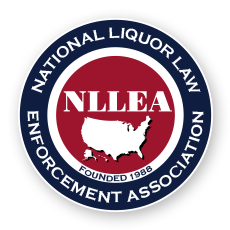

The National Liquor Law Enforcement Association (NLLEA) is a non-profit association of law enforcement personnel dedicated to the enforcement of alcohol laws and regulations, currently comprised of more than 1,100 active individual and agency members. While you do not have to be a NLLEA member to use the NLLEA POLD system, we encourage you to learn more about the NLLEA at http://www.nllea.org and consider joining the Association to learn more about all the alcohol law enforcement initiatives we lead. The NLLEA has a membership structure that is open to all levels of persons involved in the enforcement and/or regulation of alcohol laws in the United States and Canada. In order to help ensure the integrity, independence, and objectivity of our Association and its membership, the NLLEA does not permit acceptance of funds or donations from the alcohol beverage industry.
The United States and Canada recognize that alcoholic beverages are valued by members of society. These societies also recognize, however, that alcoholic beverages pose special threats to the well-being of society, including increased rates of crime (especially violent crime), and personal and public health problems, including injury and death. These societies recognize that alcoholic beverages, while legal, are potentially hazardous products, subject to special controls and conditions not applied to other commercial products. In both the United States and Canada, specific alcohol law rules and regulations, and responsibility for their enforcement, are largely delegated by the national government to the states and provinces. For example, 37 states and the District of Columbia prohibit the sales of alcohol to intoxicated patrons, yet research indicates that 40% or more of impaired drivers had their last drink at a licensed establishment.
The NLLEA has undertaken the creation of the NLLEA POLD system to be able to summarize data on alcohol-related incidents that may emanate from licensed establishments. The creation of this system is the culmination of more than 15 years of work focusing on this issue after initially learning as early as 2001 that a few states actively collected POLD data and used it for targeted enforcement and educational initiatives. We hope that providing information on problem trends in cities, counties and states will help improve serving practices at licensed establishments and eventually prevent future alcohol-related incidents.
Please use the CONTACT US form if you have any questions and we will get back to you as soon as possible.